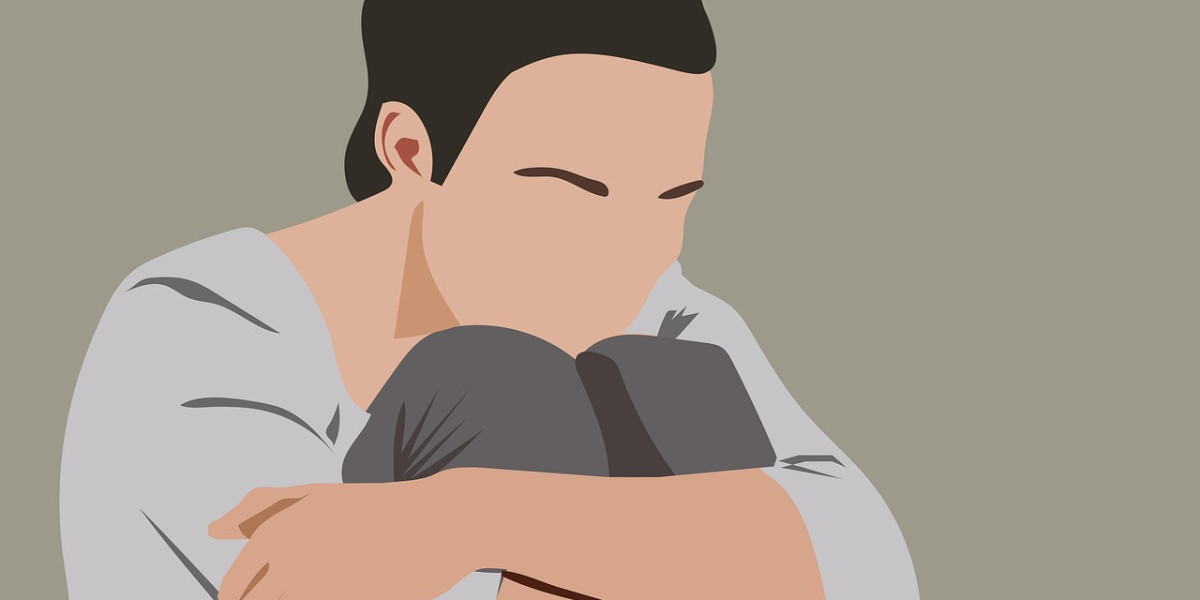Mental health care is an essential part of overall well-being, and Georgia has made significant strides in offering a variety of services to meet the needs of its diverse population. From crisis intervention to long-term Georgia Mental Health Facilities provide care for children, adults, and seniors facing a wide range of psychiatric and behavioral challenges.
This article provides a comprehensive overview of the types of mental health facilities available in Georgia, the services they offer, key institutions, and how individuals can access care.
2. Types of Mental Health Facilities in Georgia
Mental health care in Georgia is delivered through several types of facilities, each catering to specific levels of need:
State-Run Psychiatric Hospitals
These are large facilities funded and operated by the Georgia Department of Behavioral Health and Developmental Disabilities (DBHDD). They offer inpatient care for serious mental illnesses and often provide forensic services (court-ordered evaluations or treatment).Community Mental Health Centers
These centers offer outpatient therapy, psychiatric evaluations, medication management, and crisis intervention. They are often more accessible to the general public and are located throughout Georgia's regions.Private Psychiatric Hospitals
Privately operated hospitals provide both inpatient and outpatient services. Many specialize in specific populations like adolescents, adults, or seniors and often offer advanced treatments like TMS or detox services.Crisis Stabilization Units (CSUs)
CSUs provide short-term emergency psychiatric care, typically for individuals experiencing acute mental health crises. These are alternatives to emergency rooms for urgent mental health needs.Residential Treatment Facilities
These long-term care programs serve individuals who need extended mental health or dual diagnosis treatment in a structured environment.Outpatient Clinics and Programs
Including Partial Hospitalization Programs (PHPs) and Intensive Outpatient Programs (IOPs), these allow individuals to receive treatment while still living at home.
3. Key Services Provided
Georgia’s mental health facilities commonly provide the following services:
Psychiatric evaluation and diagnosis
Medication management
Individual, group, and family therapy
Case management and care coordination
Substance use and dual-diagnosis treatment
Crisis response and suicide prevention
Trauma-informed care
Community reentry programs for previously hospitalized individuals
Support services for developmental disabilities and co-occurring disorders
4. Notable Mental Health Facilities in Georgia
Here are some well-known and respected mental health institutions across the state:
Georgia Regional Hospital – Atlanta
A state-operated psychiatric hospital providing inpatient mental health, forensic evaluations, and developmental disability services.Peachford Hospital – Atlanta
A private facility offering inpatient, PHP, and IOP services for children, adolescents, adults, and seniors.Skyland Trail – Atlanta
A nonprofit mental health treatment organization offering residential and day treatment for adults with depression, anxiety, bipolar disorder, and schizophrenia.Lakeview Behavioral Health – Norcross
A comprehensive facility that provides psychiatric and addiction treatment for adolescents and adults.Grady Behavioral Health Center – Atlanta
Offers emergency psychiatric services, inpatient beds, and a range of outpatient behavioral health programs.Southwest Georgia Behavioral Health Services
Provides regional support through outpatient services, CSUs, and specialized programs for rural populations.
5. Access and How to Get Help
Accessing mental health care in Georgia can be done through various channels:
24/7 Crisis Line: Georgia offers a free and confidential mental health support line — call or text 988 for immediate help.
Community Service Boards (CSBs): These boards operate in nearly every Georgia county and offer affordable mental health and substance use services.
Referrals from Primary Care Providers: Many individuals begin treatment through referrals from their family doctor or pediatrician.
Emergency Rooms or Crisis Stabilization Units: For acute or dangerous situations, hospitals and CSUs can provide immediate psychiatric care.
Online Provider Directories: Many facilities offer online screenings and telehealth appointments to help patients find care from home.
6. Challenges in Georgia’s Mental Health System
Despite a wide range of services, the state still faces several challenges:
Shortage of Mental Health Professionals – Especially in rural areas
Long Wait Times – For both inpatient beds and outpatient services
Limited Youth and Geriatric Services – Specialized programs may not be available in all regions
Insurance Barriers – Some patients face limitations due to insurance coverage or high out-of-pocket costs
Stigma – Mental illness continues to carry social stigma, preventing people from seeking timely help
7. Current Initiatives and Improvements
Georgia is working to improve mental health care access and quality through:
Expansion of crisis intervention services (including mobile crisis teams)
Increased funding for community mental health services
Partnerships with schools for early intervention
Investment in telehealth and digital mental health platforms
Reforms to the criminal justice system to provide better support for individuals with mental illnesses
8. Conclusion
Mental health care is evolving rapidly in Georgia, with an increasing focus on community-based treatment, crisis response, and integrated care. While challenges remain, the state’s growing network of facilities and programs provides hope and healing for individuals and families facing mental health issues. Whether you’re looking for emergency support or long-term therapy, Georgia’s mental health system offers a path forward.








